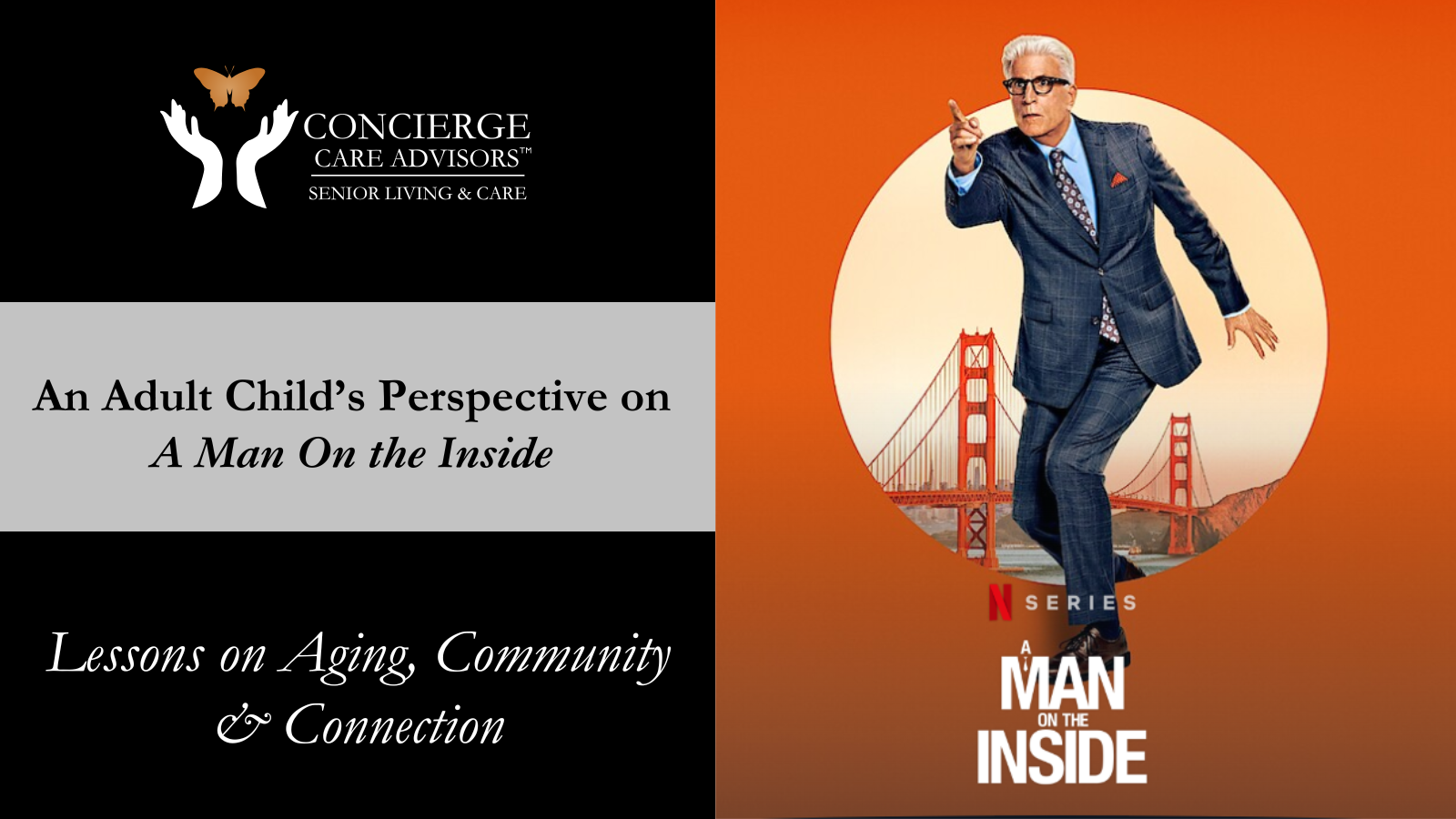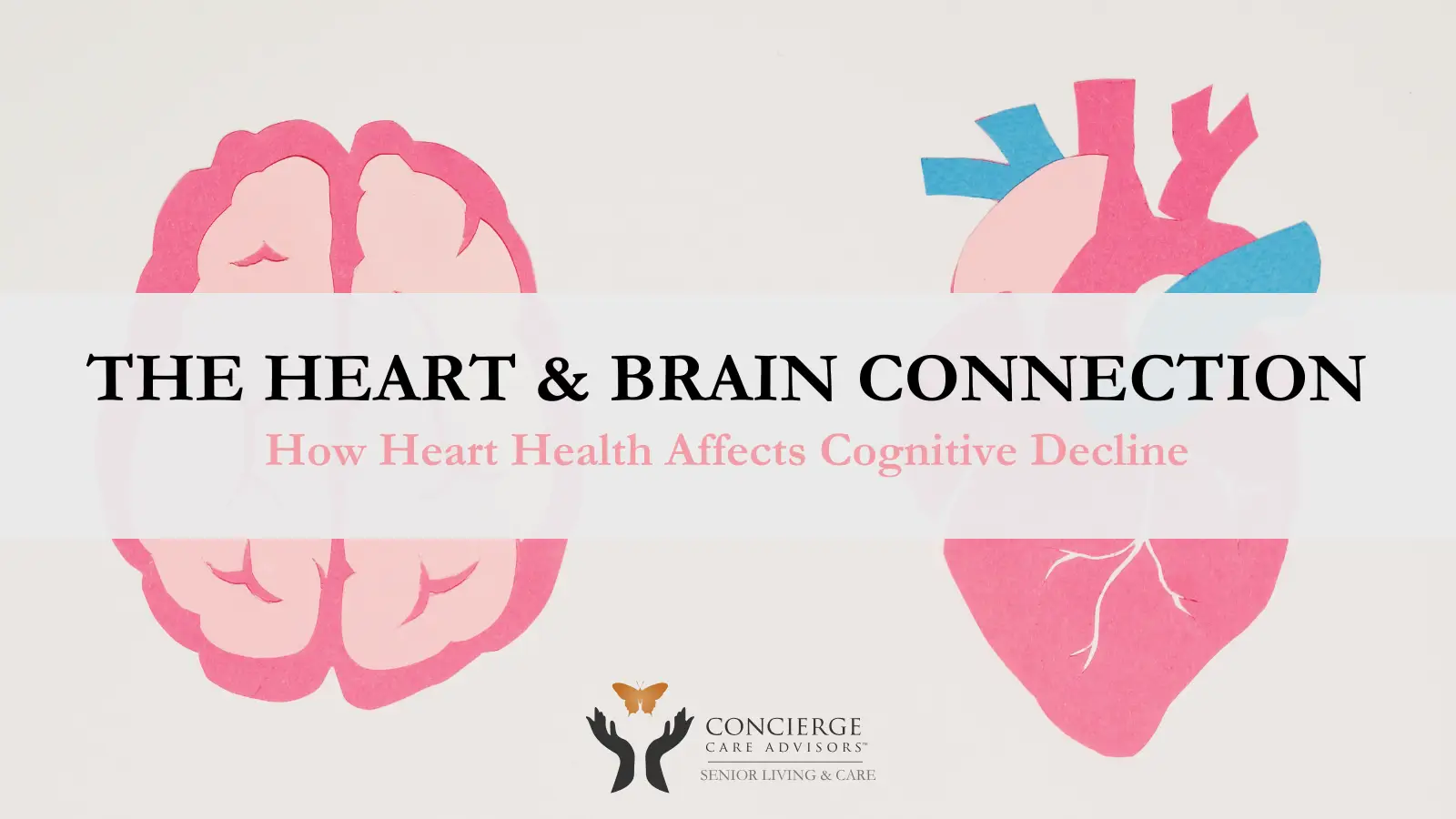There is a significant role reversal when you become the caregiver for your elderly parent and many have difficulty handling it.
It’s not simply an increased workload, it’s a mental overhaul. Suddenly your father who would wake at the crack of dawn to take down the elaborate Christmas decorations, can’t remember to put on his pants in the morning. It hurts.
To add insult to injury, you need to be the one to help him get his pants on. What could be a funny mistake can quickly become aggressive and much of this is due to the role reversal.
Caregivers’ Grief
There are two kinds of situations you may be in, and they can be equally devastating. Either you’re estranged from your elder or you have a healthy and intimate relationship with them. Either way hurts.
For the estranged, many are at the crossroads of resentment and guilt. Here their parents are in need of help, and they’re the only ones who can do something about it; at the same time, many are resentful thinking their parents don’t deserve help. The latter opens all kinds of doors, many of which lead to “was what they did so bad that they cannot be forgiven?” And if they can be forgiven then was all that time spent hating them wasted? It’s not good, and when their livelihood hangs in the balance and questions roll in about what they would want, the line between right and wrong becomes hazy. Do you let your elder stop their physical therapy sessions because they’re growing increasingly apathetic, or do you force them to do it anyway–no matter how much they oppose–because you need that 90 minutes to yourself?
Meanwhile those who have had intimate relationships with their parents struggle just as much if not more so. Parents who once cared for them may grow more aggressive. For a caregiver whose elder is suffering dementia, they lose their loved one many times before they actually pass away.
Managing Expectations
The role reversal only increases in difficulty when you factor in all the decisions that need to be made on their behalf. Even if you manage to squeeze in a half hour massage after six weeks of endless catering to your loved one, you’re still on call. Many caregivers sleep with their phone on maximum volume and respond to a text message “ding” by breaking into a cold sweat–even if their daughter was just sending a picture of her and her fiancé in Cabo. So what can you do?
In the words of Vice President, Mary Cordova, “It takes an army”. The problem with many caregivers is they refuse to seek help. Many ask their siblings, but if they don’t help, they give up.
The truth is, if you’re going to handle the role reversal then you’re taking on the responsibility of 10 people. Don’t. Call your parent’s lawyer and let them know the situation. Call their primary care physician. Call their friends and neighbors. Call their religious leader. You cannot be expected to handle this all on your own, so don’t be surprised when people offer to help. You are doing plenty.






















